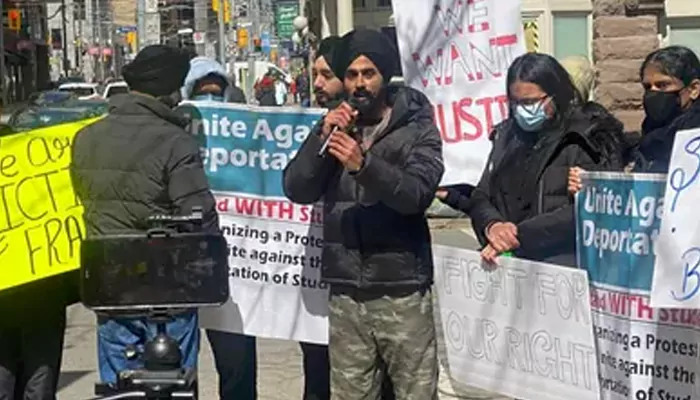Human Rights Day: How Social Media Champions Human Rights Worldwide
- Soham Halder
- 1 year ago
- 3 minutes read

Every year on December 10, Human Rights Day is observed to remind us of the universal principles of equality, freedom, and dignity.
In this modern era, people across the continents are connected through social media, which has further strengthened human rights globally. From amplifying voices to fostering awareness, platforms including X (previously Twitter), Facebook, and Instagram have become digital battlegrounds for both justice and equality, initiating actions to challenge oppression while driving change in unprecedented ways. On this special day, we will discuss how social media is strengthening human rights across the globe.
(Credit - Insta/@ukinindia)
Amplifying Marginalized Voices:
Social media provides the much-needed platform for individuals as well as communities who are excluded from mainstream narratives. Without intermediaries, they can express their voices just like #MeToo and #BlackLivesMatter campaigns. These hashtags quickly went viral across borders and cultures, and created a global conversation advocating accountability, justice and equality. These movements underscore the democratizing power of social media where anybody with access to internet can contribute in raising diverse voices and perspectives.
Raising Global Awareness:
What it takes to bring revolution in current scenario. It demands awareness not only from a region or state, but people across the globe. And that's where social media played a crucial role. It provided the facilities like real-time sharing of news, videos, and testimonials to bring attention to the crisis situations. Platforms including Instagram and TikTok allowed activists to create engaging and visually appealing content to educate and inspire people. Activists and journalists used these platforms to share images, videos, and personal stories to expose human rights violations.
(Credit- Insta/@greenpeaceemy)
Fostering Global Solidarity:
Social media is not restricted to any country, it transcends borders to foster a sense of global solidarity to fight for human rights. As soon as any cause gains traction online, it mostly leads to real-world actions like petitions, donations, and protests. For instance, platforms like GoFundMe or Change.org have enabled users to contribute to the causes directly by seamlessly integrating with social media.
Social Media, the Watchdog:
Very frequently, we come across various hashtags about banning any company’s advertisement or comments. Basically, social media is serving as a key watchdog nowadays to fight against injustice. Social media campaigns have compelled various companies to take down advertisements and apologize to the community. One recent incident involved famous fashion brand H&M, which faced backlash for controversial ads.
(Credit - Insta/@neerja_birla)
Undoubtedly, social media is a powerful tool for championing human rights, but it’s not without obstacles. The spread of misinformation and online harassment often undermine the efforts of activists and journalists. Many governments monitor and actively restrict access to social media to suppress dissent. Despite challenges, the platforms continue to evolve with information verification tools and users privacy protection.
As we celebrate Human Rights Day today, it’s crucial to realize the transformative value of social media in advancing human rights globally. However, the major responsibility lies on all of us to use these platforms ethically and effectively to champion equality, dignity, and freedom for everyone.












